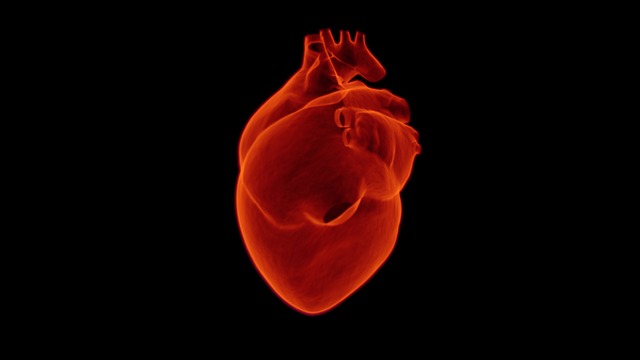
Researchers from Baylor College of Medicine in Houston, Texas have discovered a way to reverse heart failure and restore a damaged heart’s capacity for effective blood pumping. On mice, they turned off a so-called “Hippo signaling pathway”, whose one function is to control the size of the heart by preventing heart muscles to regenerate. The results were published in the journal Nature.
Heart failures are known to increase the activity of the Hippo pathway and researchers took advantage of this fact to find a treatment. “One of the interests of my lab is to develop ways to heal heart muscle by studying pathways involved in heart development and regeneration,” says Dr. James Martin, one of the researchers and Vivian L. Smith, Chair in Regenerative Medicine at Baylor. “In this study, we investigated the Hippo pathway, which is known…to prevent adult heart muscle cell proliferation and regeneration.”
On mice, the results of silencing the Hippo pathway are promising. “Once we reproduced a severe stage of injury in the mouse heart, we inhibited the Hippo pathway,” says John Leach, first author and a graduate student in Martin’s lab. “After six weeks we observed that the injured hearts had recovered their pumping function to the level of the control, healthy hearts.”
Heart failure is characterized by the heart’s incapacity to pump sufficient blood throughout the body, causing symptoms like shortness of breath, coughing and ankle swelling. Hypertension, valvular heart diseases, cardiomyopathy (heart muscle disease), plaque buildup in blood vessels, and heart attacks are some of the cited causes of heart failure.
In the case of a heart attack, the flow of blood into the heart stops. Deprived of oxygen, some heart muscles die. These muscles don’t regenerate getting instead replaced by dead scar tissues called fibroblasts, which have no role in a heart’s pumping function. Over time, the heart weakens until it can no longer deliver sufficient blood to the different parts of the body.
To treat heart failure, there are only a few treatment options. Diet, medication and lifestyle changes are necessary but severe cases would require surgery and installation of assistive devices.
Despite these treatments, around 50% of patients still die within five years of diagnosis. In the US alone, nearly 6 million people suffer from heart failure. In developing countries, around 2% of the population suffers from this condition and the figure can go up to 10% in older people aged 65 years and above. Among heart-related diseases, heart failure remains the leading cause of death.
The study of Baylor College of Medicine in Houston aims to offer a novel approach to treating heart failures. Silencing the Hippo pathway allows heart muscle cells to proliferate and survive inside a damaged heart. Also, it alters the process of fibrosis (in cases of injury, fibrosis is equivalent to scarring), changing how dead scar tissues are formed during a heart attack.
Still, more work needs to be done with the Hippo pathway. If this study gets validated by more studies, the approach could lead to better treatment and hopefully, completely reverse the condition of heart failure patients.
Reference: Futurism
- Bulenox: Get 45% to 91% OFF ... Use Discount Code: UNO
- Risk Our Money Not Yours | Get 50% to 90% OFF ... Use Discount Code: MMBVBKSM
Disclaimer: This page contains affiliate links. If you choose to make a purchase after clicking a link, we may receive a commission at no additional cost to you. Thank you for your support!

Leave a Reply